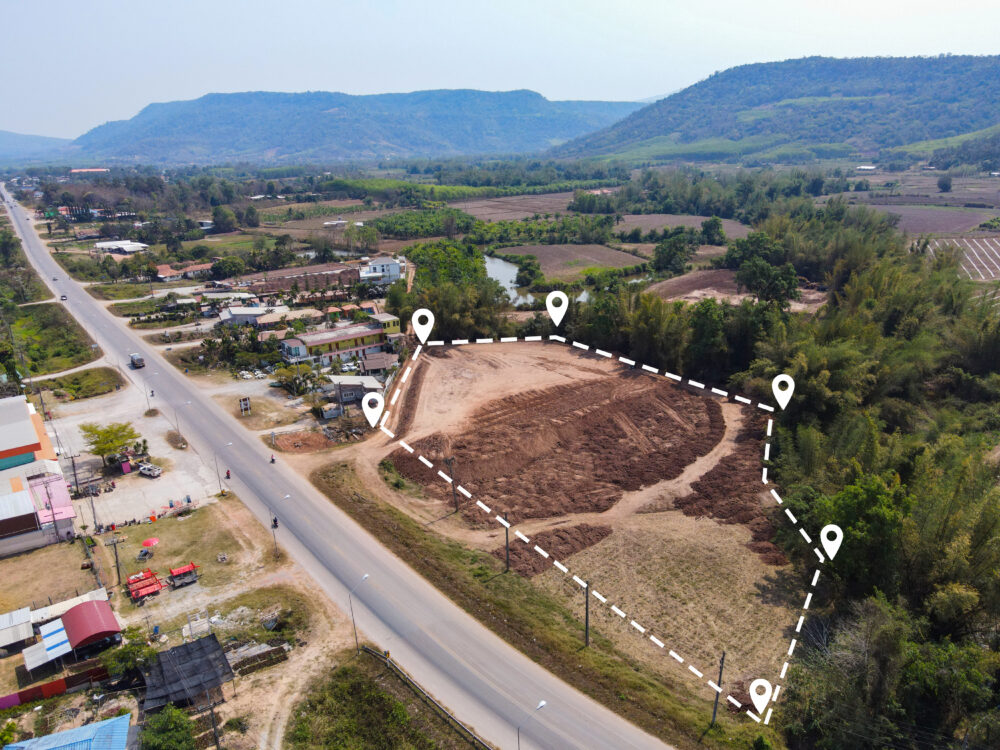In the context of Vietnam’s high-level political commitment to the Financial Action Task Force (FATF) and the Asia/Pacific Group on Money Laundering (APG) to strengthen the effectiveness of anti-money laundering and counter-terrorism financing (AML/CFT) efforts, the inclusion of regulations on “beneficial owners” in the Law on Enterprises represents a significant step forward. This article presents and analyzes the legal requirements applicable to beneficial owners, as well as the obligations of enterprises and relevant individuals and organizations, as provided in the Draft Amendment to the Law on Enterprises.
1. Requirement to supplement regulations on “beneficial owners” in the law on enterprises
Under Resolution No. 69/NQ-CP dated 1 April 2025 on the Thematic Session On Law-Making In March 2025, the Government resolved to develop the Law On Amending and Supplementing Several Articles of the Law on Enterprises. Accordingly, the Law on Enterprises shall be amended and supplemented to meet several specific requirements, including the requirement to “promptly study and supplement regulations on beneficial owners to ensure full and proper implementation of Vietnam’s commitments to FATF”.
According to the FATF’s public statement dated June 23, 2023, Vietnam was placed on the Increased Monitoring List (Grey List) due to strategic deficiencies in its anti-money laundering, counter-terrorism financing, and counter-proliferation financing framework. In response, the Vietnamese Government made a high-level political commitment to work with FATF and APG to enhance the effectiveness of its AML/CFT system by implementing an agreed-upon action plan.(1)
As of 21 February 21 2025, FATF issued another public statement on countries under Increased Monitoring, noting that Vietnam had made limited progress in addressing the identified strategic deficiencies. Accordingly, FATF encouraged that Vietnam establish a mechanism enabling competent authorities to access complete, accurate, and up-to-date information on beneficial owners.(2)
To implement the above recommendation, several provisions regarding beneficial owners have been introduced in the Draft Law on Amending and Supplementing Several Articles of the Law on Enterprises (the “Draft Law”). Relevant matters will be further analyzed in Section 2 of this article.
2. Regulations on “beneficial owners” in the draft amendment to the law on enterprises
2.1 Definition of “Beneficial Owner”
The Draft Law introduces the definition of a “beneficial owner,” under which a beneficial owner of an enterprise with legal status refers to an individual who meets one of the following criteria:
a. Ownership-based criterion: An individual who directly or indirectly holds 25% or more of the charter capital of the enterprise is considered its beneficial owner.
“Indirect ownership” is defined as the individual holding charter capital in the enterprise through other organizations or enterprises in which that individual holds more than 50% of the charter capital.
b. Economic benefit criterion: An individual who directly or indirectly receives more than 25% of the enterprise’s dividends or profits is considered its beneficial owner.
c. Control-based criterion: The individual who ultimately exercises control over the enterprise is considered its beneficial owner.
“Control over the enterprise” is not limited to ownership of capital but also includes the right to make key decisions, such as appointing, removing, or dismissing managerial positions; amending or supplementing the charter; and deciding on other critical business matters as stipulated in the enterprise’s charter.
2.2 Responsibilities of beneficial owners, enterprises, legal representatives of enterprises, and the powers and duties of competent authorities related to beneficial ownership
The Draft Law requires beneficial owners, enterprises, legal representatives of enterprises, and business registration authorities to fulfill certain obligations related to beneficial ownership, as detailed below:
2.2.1 Responsibilities of the beneficial owner
The beneficial owner of an enterprise is responsible for providing accurate and complete information to the enterprise in order to fulfill the legal requirements on the declaration of beneficial ownership.
2.2.2 Responsibilities of the legal representative of the enterprise
a. Toward competent authorities: The legal representative must provide accurate and complete information on the enterprise’s beneficial owner(s) and cooperate with competent authorities upon request to identify such beneficial owner(s).
b. Toward the enterprise they represent:
- The legal representative must promptly, fully, and accurately inform the enterprise of any other enterprise in which they or their related persons act as the owner, beneficial owner, or hold shares or capital contributions.
- In case the enterprise is dissolved, goes bankrupt, or terminates operations, the legal representative is responsible for retaining information on beneficial owners for at least 5 years from the date the competent state authority issues a decision on such dissolution, bankruptcy, or termination.
2.2.3 Responsibilities of the enterprise
Enterprises are responsible for collecting, updating, and storing information on beneficial owners, and for ensuring the accuracy and truthfulness of such information, specifically as follows:
a. At the time of business registration, the enterprise must declare information on its beneficial owner(s) to the business registration authority. In cases where no beneficial owner exists at the time of incorporation, the enterprise is required to notify the business registration authority within 10 days from the date such beneficial ownership information arises.
b. During its operation, the enterprise must retain documents and information on beneficial owners at its head office or another location specified in its charter. If there is any change to the beneficial ownership information, the enterprise must promptly report the changes to the business registration authority.
c. For enterprises established prior to the effective date of the Law Amending and Supplementing a Number of Articles of the Law on Enterprises, the beneficial ownership information must be additionally declared when carrying out procedures for amending the enterprise registration certificate or notifying changes to registered enterprise information.
2.2.4 Powers and responsibilities of competent authorities
a. Competent state authorities are entitled to request the business registration authority and the state agency responsible for enterprise registration to provide beneficial ownership information stored in the National Business Registration Database, for the purpose of performing anti-money laundering and counter-terrorism financing duties.
b. The business registration authority has the right to require enterprises to report and provide information to verify or cross-check beneficial ownership information when deemed necessary. The business registration authority is also required to to retain information on beneficial owners for at least five years from the date the enterprise is dissolved, declared bankrupt, or ceases operations.
The inclusion of regulations on “beneficial owners” in the Draft Law not only reflects Vietnam’s commitments to FATF and APG, but also represents a necessary step to promote corporate transparency, support effective AML/CFT efforts, and establish a robust legal foundation for a healthy and transparent business environment in Vietnam.
(1) FATF Public Statement on Jurisdictions under Increased Monitoring, dated 23 June 2023, available at: <Jurisdictions under Increased Monitoring – 23 June 2023>, accessed on 10 June 2025.
(2) FATF Public Statement on Jurisdictions under Increased Monitoring, dated 21 February 2025, available at: <Jurisdictions under Increased Monitoring – 21 February 2025>, accessed on 10 June 2025.
Disclaimers:
This article is for general information purposes only and is not intended to provide any legal advice for any particular case. The legal provisions referenced in the content are in effect at the time of publication but may have expired at the time you read the content. We therefore advise that you always consult a professional consultant before applying any content.
For issues related to the content or intellectual property rights of the article, please email cs@apolatlegal.vn.
Apolat Legal is a law firm in Vietnam with experience and capacity to provide consulting services related to Business and Investment and contact our team of lawyers in Vietnam via email info@apolatlegal.com.





































